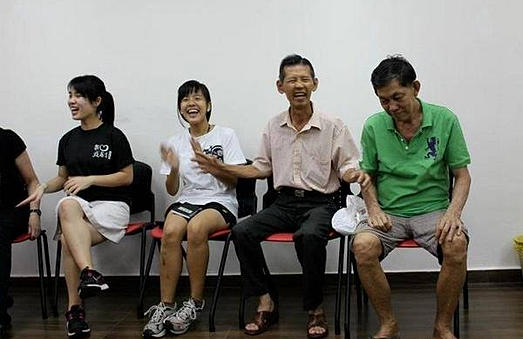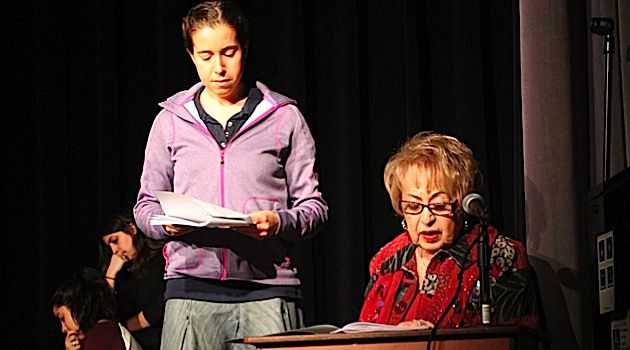The Bookend Blog series got its name from our contributing writers, youth and older adults, both of whom we refer to as the "bookends" that hold our civil society together.
Bookend bloggers comment on current events and offer generational perspectives.
Interested in submitting a Bookend Blog for the Together Blog?
We’re always looking for quality posts on intergenerational issues and would be happy to consider yours. Check out the guidelines below and
contact Alan King if you have any questions.
Bookend Pairs
Preferably, we would like those interested in writing a Bookend Blog to already have a partner from another generation selected.
When you
contact Alan, please let us know your topic and why it's intergenerational.
Your content must be original and cannot be plagiarized. Articles must have a title and should be 500-700 words in length. If your article is more than 600 words, we may choose to shorten your article or create a series (i.e., multi-part post).
Bold Important Points: Online readers tend to skim through pieces, so web writers often put key points in bold type. This will help readers to easily identify your main points.
Contains links to other sites: Take advantage of the ability to link to other sites, documents, resources, etc. Drive traffic to other sources for more information on your blogging topic.
Include a picture when possible (and remember to give credit to the source)
Please submit the following information for the About the Author section:
1. Brief bio, including your title (e.g., Professional Organizer, Engineer, Blogger, Photographer, Speaker, etc.)
2. Links (e.g., website, blog, Twitter, Facebook, LinkedIn, etc.)
3. Other contact info (e.g., e-mail address or phone number)
Posting Date
Articles are scheduled based on openings on the Together Blog editorial calendar. Dates are subject to change. You can submit a post at any time and, if we decide to use it, we’ll let you know when it will be published. Note: we’ll tell you if we are unable to use your article.
Disclaimer
*Articles will be edited for grammar and clarity. We reserve the right to make changes to the content and title.” That said, your message will be conveyed as you intend it. It is important to us that your voice comes through your post (and not that of the blog owner).
Helpful tips on the tone of your blog post
· Be casual. Most blog readers don't generally respond to a formal, authoritative tone. Try to write in a tone that's natural, casual, and almost conversational. Imagine that you're writing for a guy who's sitting in his cubicle during his lunch break.
· Remember, it's a conversation. Keep the discussion open. You don't have to tie up all the loose ends and answer all questions by the end of a blog post. In fact, it's better to leave some questions asked and unanswered. Treat the first few paragraphs of your post as an invitation to hear your unique view; use the last couple of paragraphs to invite them into the conversation.
· Encourage comments from readers. Ask questions at the end of your post, when possible.






















